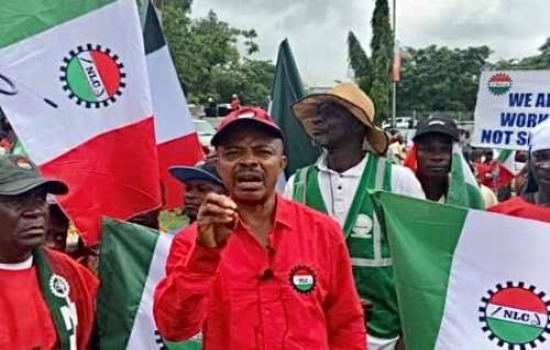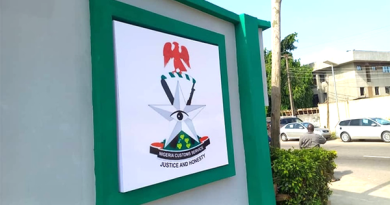NLC doubles down on Tuesday warning strike as FG scamper to avert it
Nigeria’s organise labour, the Nigeria Labour Congress has said there is “no going back” on the two-day warning strike though it remains open to negotiations.
Christopher Onyeka, the union’s Assistant National Secretary, said, “The labour movement is a negotiation platform built around dialogue. We are not the ones who left the table; the government has been running away from the table.”
The NLC has accused the government of abandoning negotiations and failing to implement some of the resolutions from previous engagements with the government.
The union has also listed six other grievances, including the police laying siege to the national headquarters of the National Union of Road Transport Workers, an alleged violation of rights and privileges of workers and trade unions in Imo State, interference in trade union matters by the Abia State Government, proposed demolition of houses by the Minister of the Federal Capital Territory, Nyesom Wike, among others.
But the Nigerian government is seeking to avert a two-day warning strike by the Nigeria Labour Congress (NLC) scheduled to begin on Tuesday.
According to report, the government has said it is willing to meet with the NLC on Monday to reach an agreement and avert the strike.
The Minister of Information and National Orientation, Mohammed Idris, said the government is “hoping the warning strike can be averted” and that the two sides are “still engaged in discussions and have started to understand each other’s position more.”
Labour official say that the government has not invited them to any meeting but the two sides are expected to meet on Monday to reach an agreement. If they cannot agree, the strike will start on Tuesday as scheduled by NLC.
Earlier, the union’s president, Joe Ajaero, said the strike is necessary to “cushion the effects of the removal of petrol subsidy on the ‘poor masses’” and to “address the excruciating mass suffering and impoverishment being experienced around the country.”
The strike will likely significantly impact the Nigerian economy, as it could disrupt transportation, manufacturing, and other sectors. The government hopes to avoid the strike, which would be a significant setback for its economic reform agenda.




